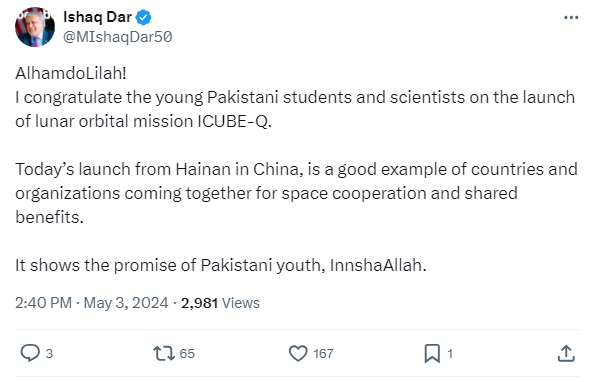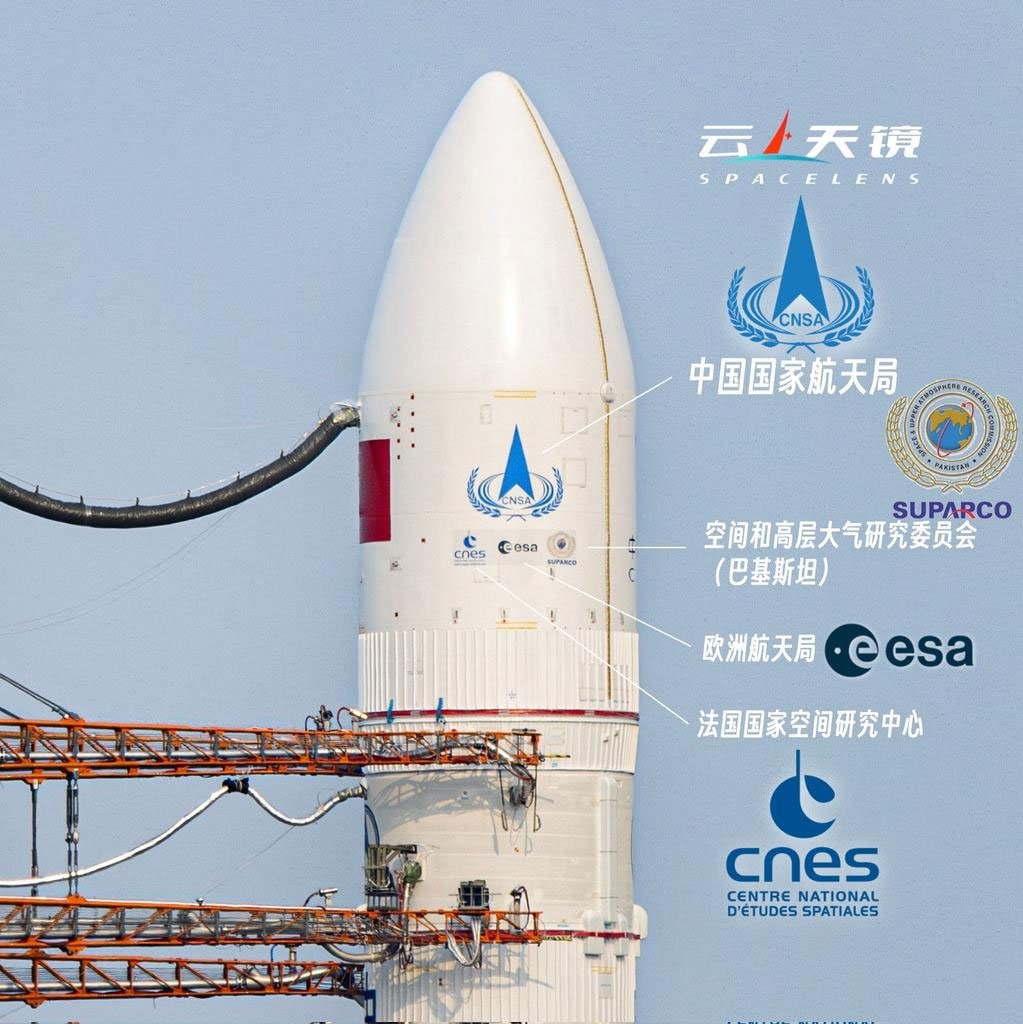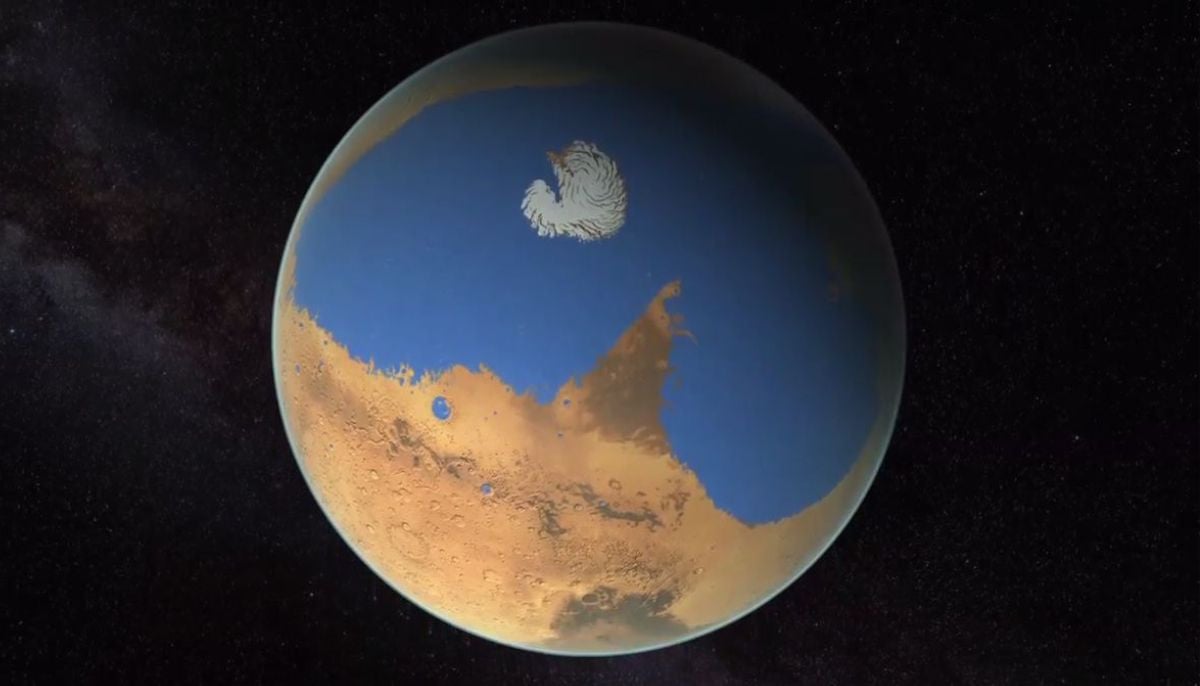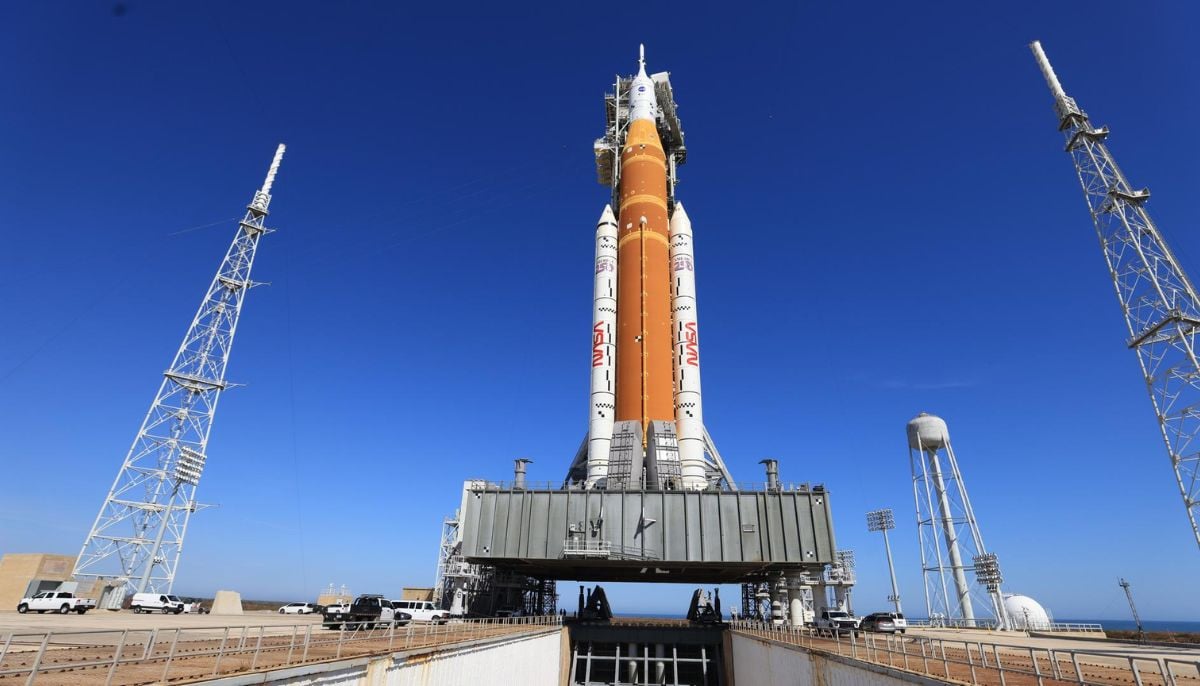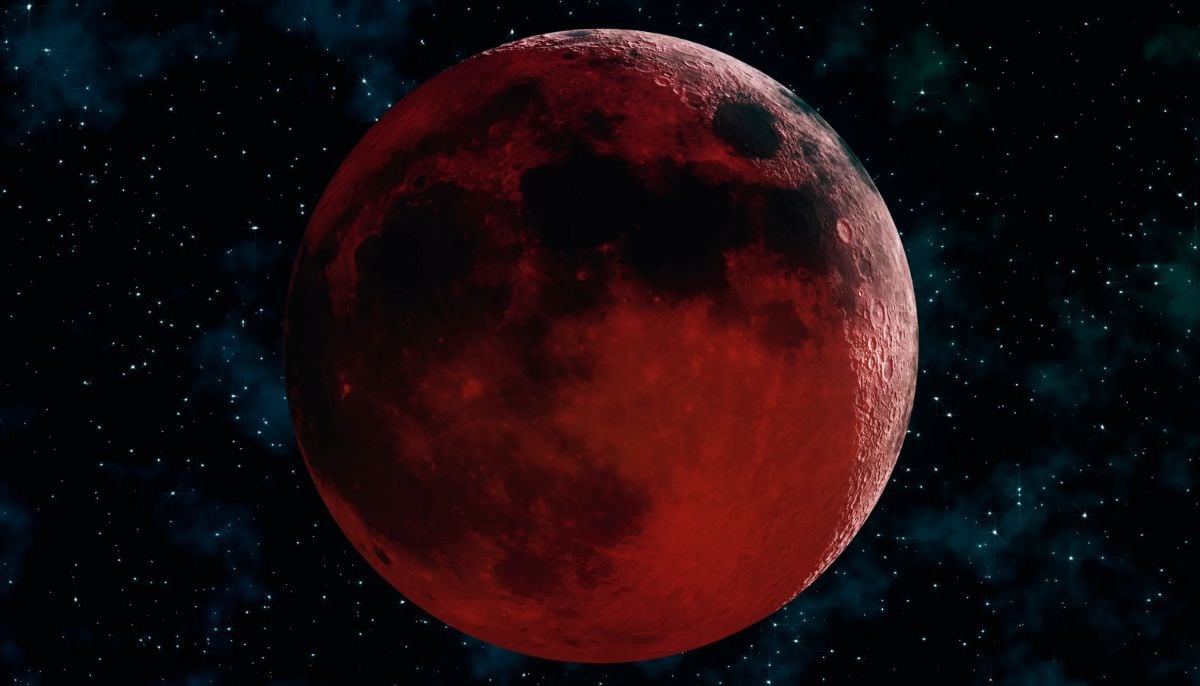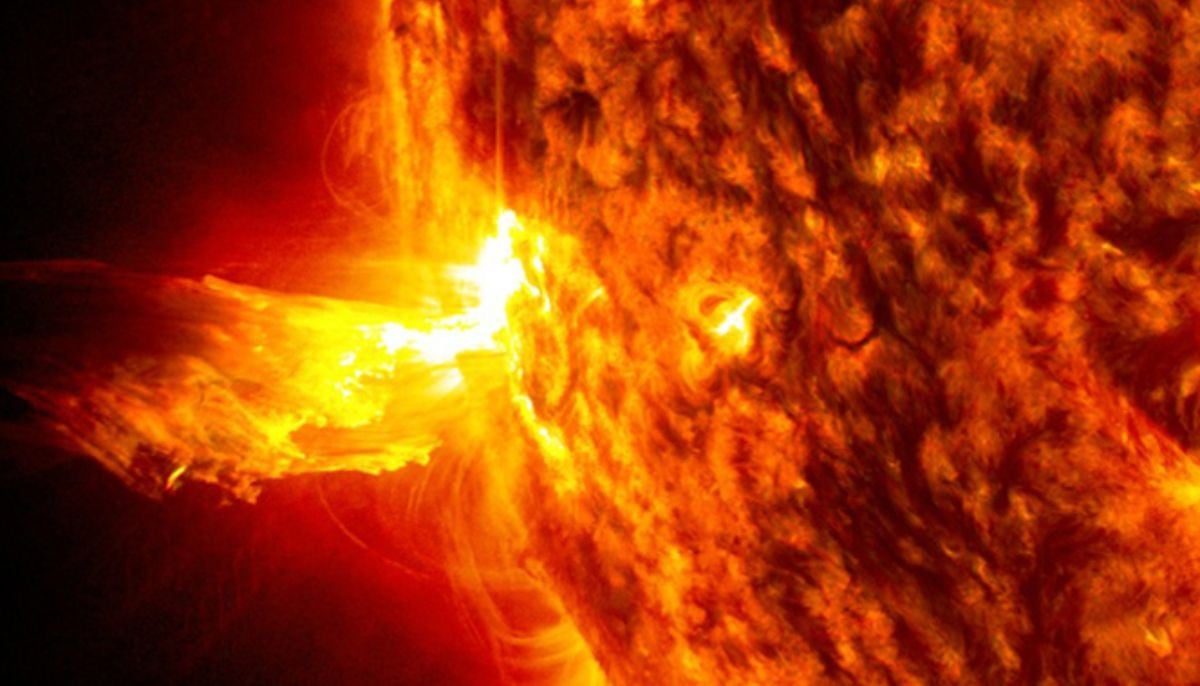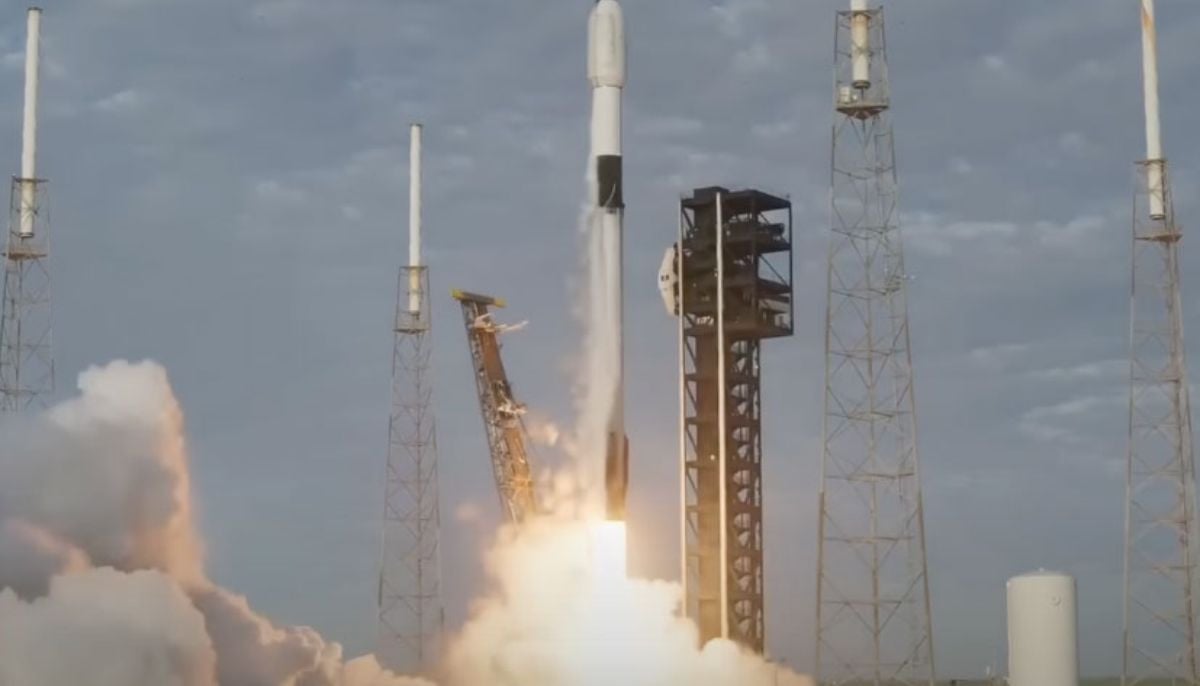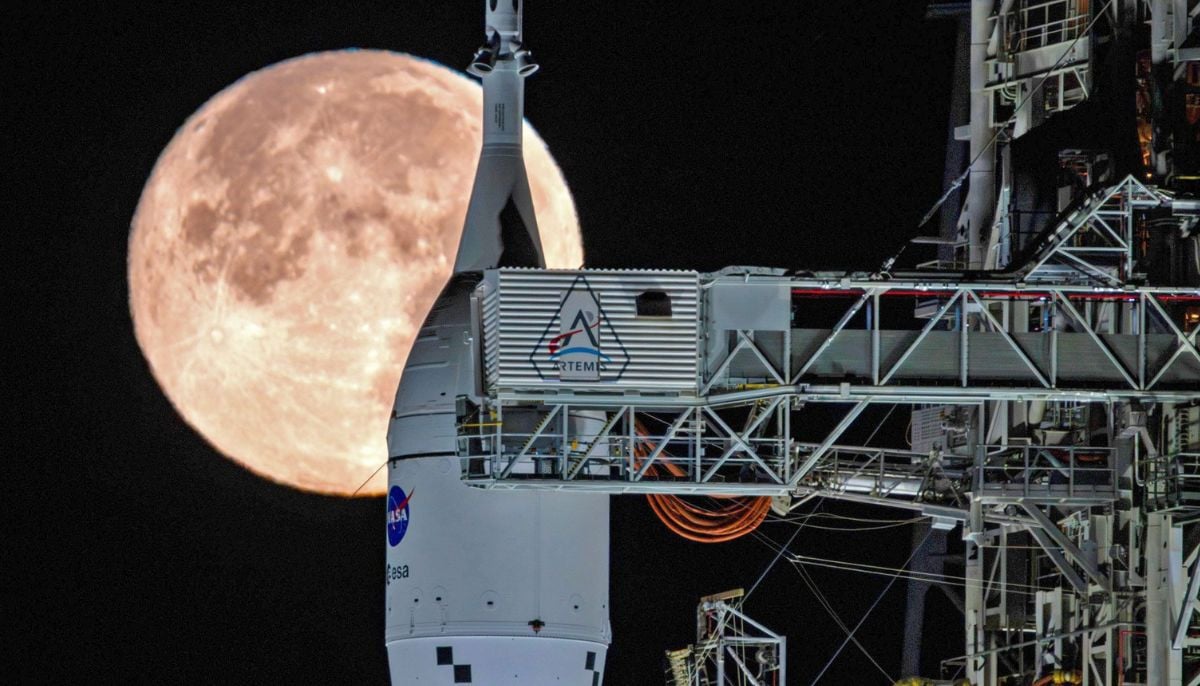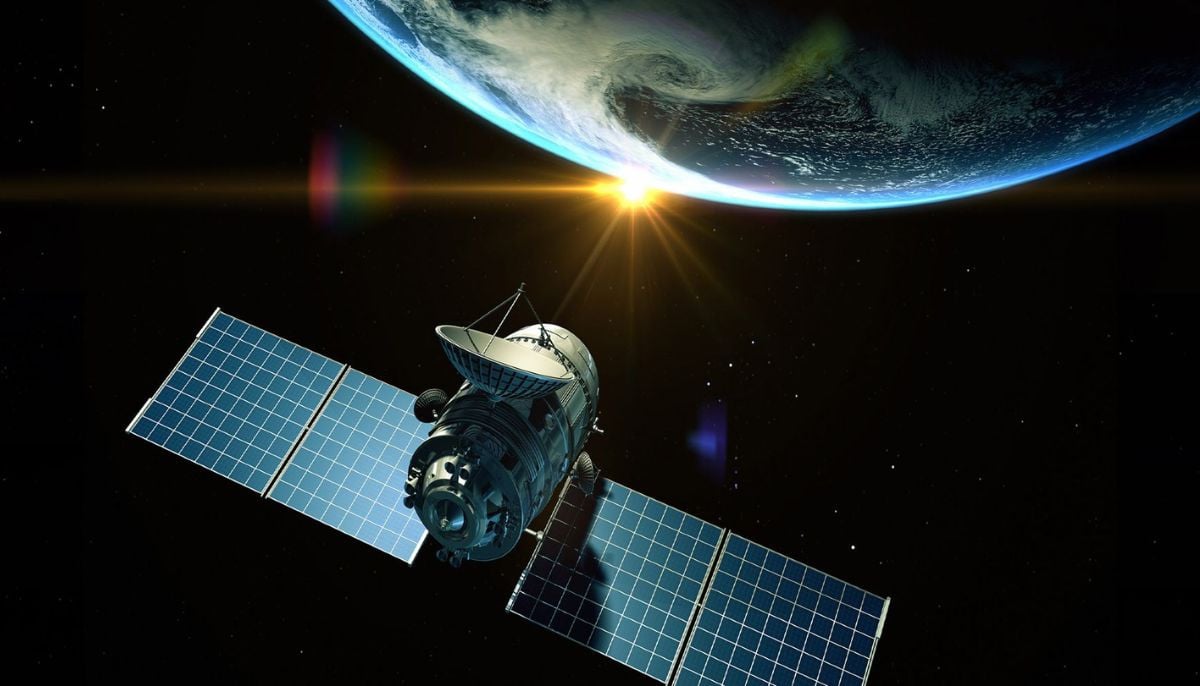Pakistan's first moon mission 'iCube Qamar' launched
Satellite will circle around moon for three to six months
ISLAMABAD: In a historic moment for Pakistan, iCube Qamar — the country's first satellite mission to the moon — has been be launched into the space today.
The satellite, being carried by China's Long March-5 rocket, took off for its visit to space on board the Chang'E6 from the Wenchang Space launch site in the Hainan province in China.
The launch activity was telecast live on the IST website and the Chinese state television.
Following the launch, Prime Minister Shehbaz Sharif felicitated the nation and the scientists for launching the first lunar orbit mission.
In a statement, the PM said ICUBE-Q satellite is Pakistan's first step in space.
The PM said Pakistani scientists, engineers and skilled workers are proving their mettle in this field like the expertise they exhibited in nuclear technology.
He expressed tribute to the core committee of the Institute of Space Technology, including Dr Khurram Khurshid, all the members of the SUPARCO team and students, who participated in this project.
While congratulating students and scientists on the launch, Deputy Prime Minister and Foreign Minister Ishaq Dar said: "Today’s launch from Hainan in China, is a good example of countries and organisations coming together for space cooperation and shared benefits."
Speaking with Geo News, Dr Khurshid — a member of the Core Committee at the Institute of Space Technology (IST) — said that Pakistan's satellite mission will reach the lunar orbit in five days and will circle around the moon for three to six months.
He added that different pictures of the surface of the moon will be taken with the help of satellite after which Pakistan will have its own satellite images of the moon for research.
The satellite has been designed and developed by the IST in collaboration with China's Shanghai University and Pakistan's national space agency SUPARCO.
ICUBE-Q orbiter carries two optical cameras to image the lunar surface. Following successful qualification and testing, ICUBE-Q has now been integrated with the Chang’e6 mission. Chang’e6 is the sixth in a series of China’s lunar exploration missions.
Chang’6, China’s Lunar Mission will touch down on the moon’s far side to collect samples from the surface and return to earth for research.
The mission holds significance for Pakistan as it will also take a Pakistan CubeSat Satellite iCube-Q, developed by IST.
CubeSats are miniature satellites typically characterised by their small size and standardised design. They are constructed in a cubic shape, consisting of modular components that adhere to specific size constraints.
These satellites often weigh no more than a few kilogrammes and are deployed in space for various purposes.
The primary purpose of CubeSats is to facilitate scientific research, technology development, and educational initiatives in space exploration.
-
NASA Artemis 2 moon mission faces unexpected delay ahead of March launch
-
Total Lunar eclipse: What you need to know and where to watch
-
Sun appears spotless for first time in four years, scientists report
-
SpaceX launches another batch of satellites from Cape Canaveral during late-night mission on Saturday
-
NASA targets March 6 for launch of crewed mission around moon following successful rocket fueling test
-
Greenland ice sheet acts like ‘churning molten rock,’ scientists find
-
Space-based solar power could push the world beyond net zero: Here’s how
-
Hidden ‘dark galaxy' traced by ancient star clusters could rewrite the cosmic galaxy count
